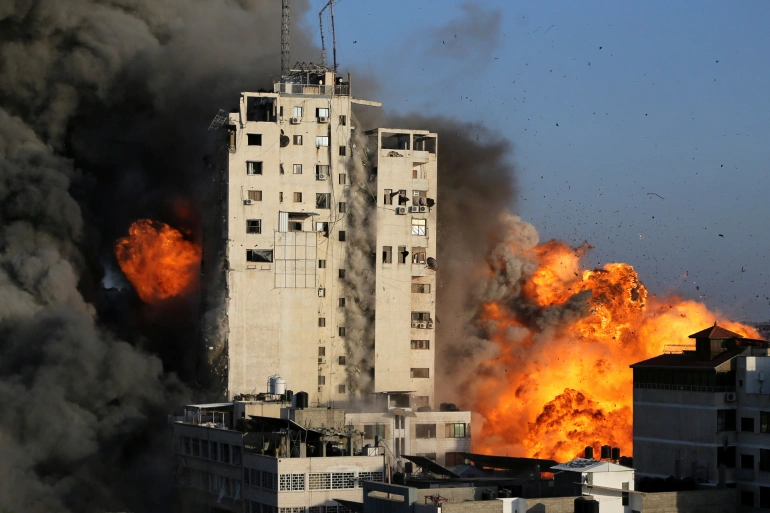Gaza: Deadlock deepens as Security Council rejects resolutions by U.S., Russia

Gaza: Deadlock deepens as Security Council rejects resolutions by U.S., Russia

Gaza: Deadlock deepens as Security Council rejects resolutions by U.S., Russia
Notifications